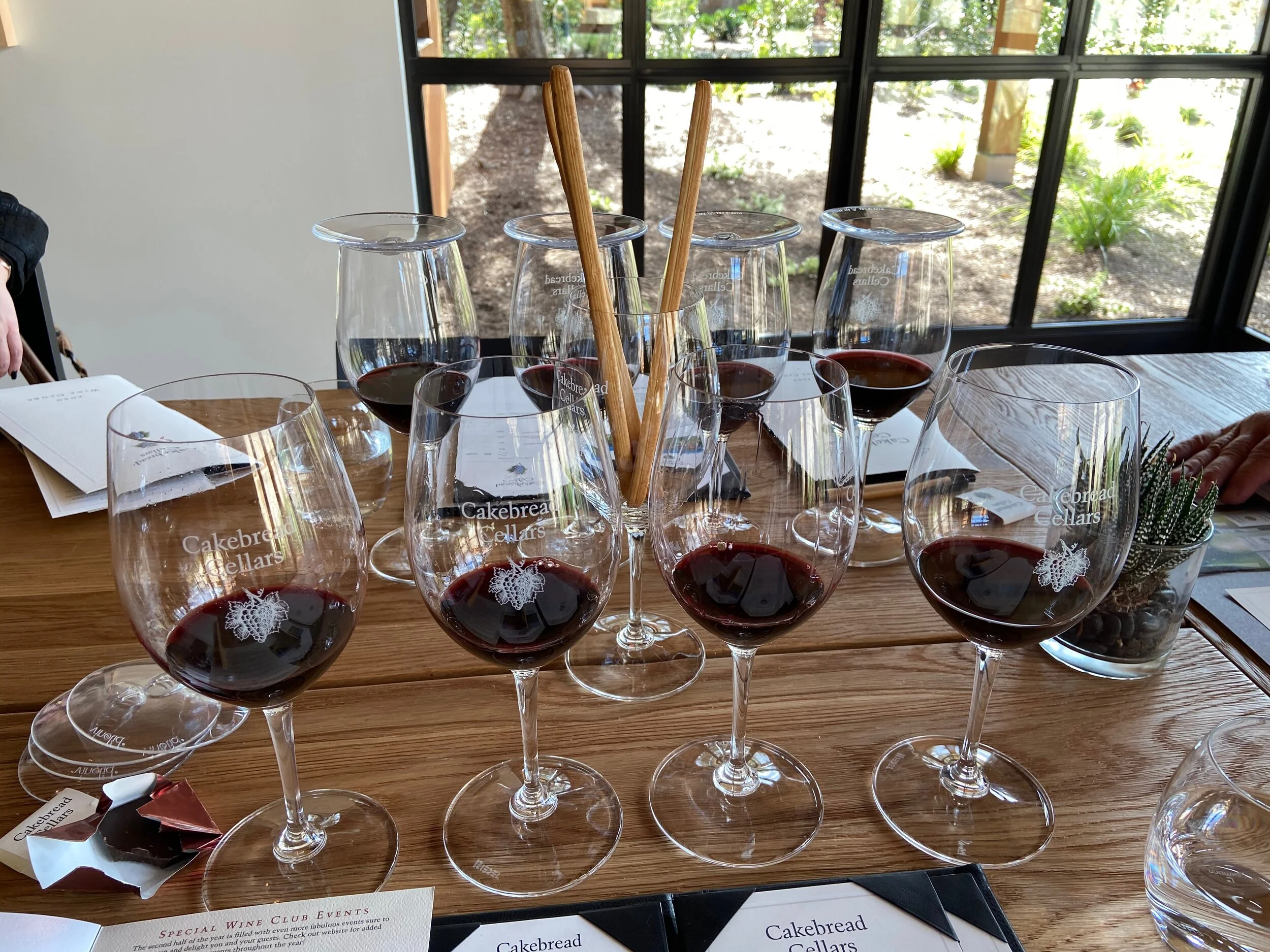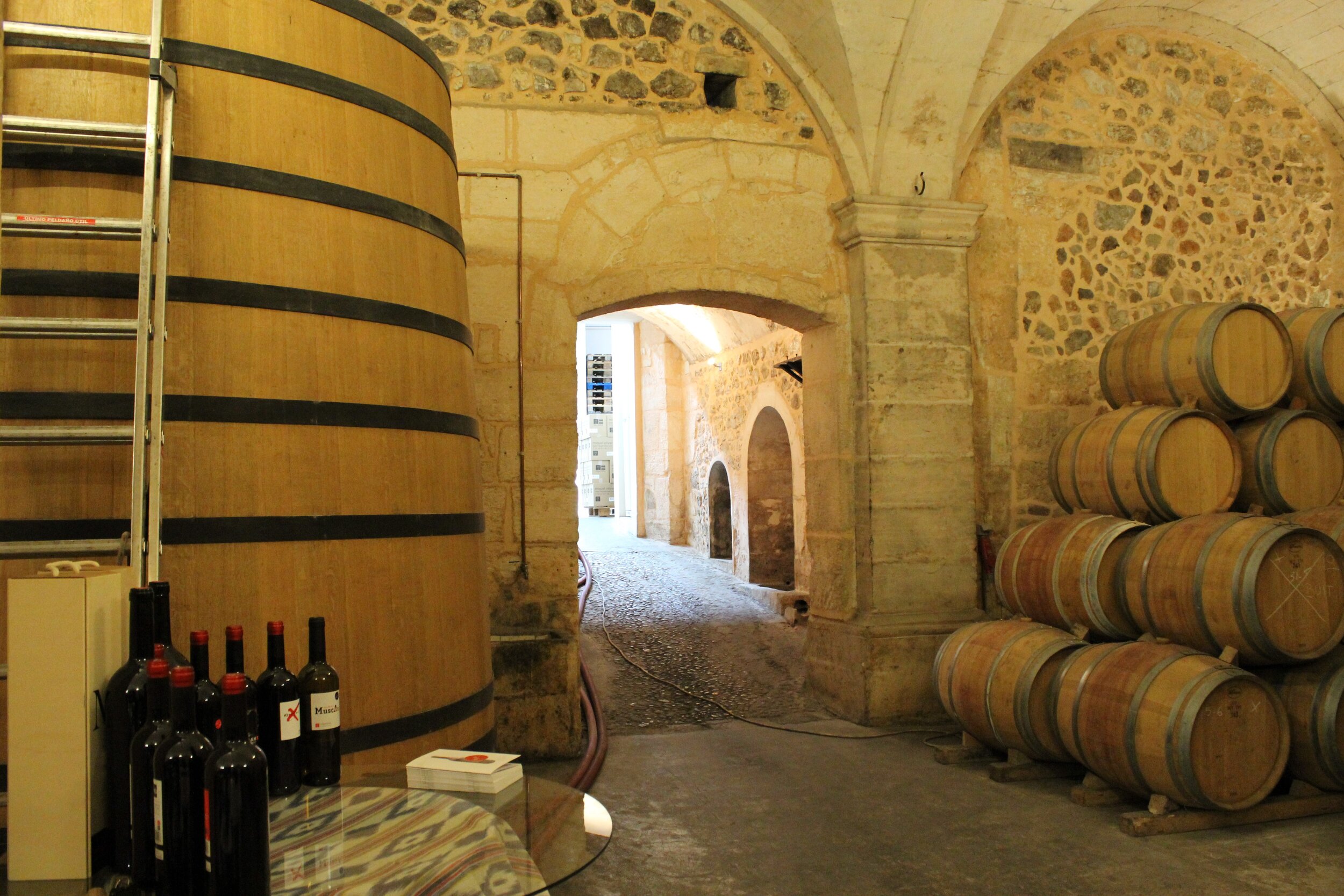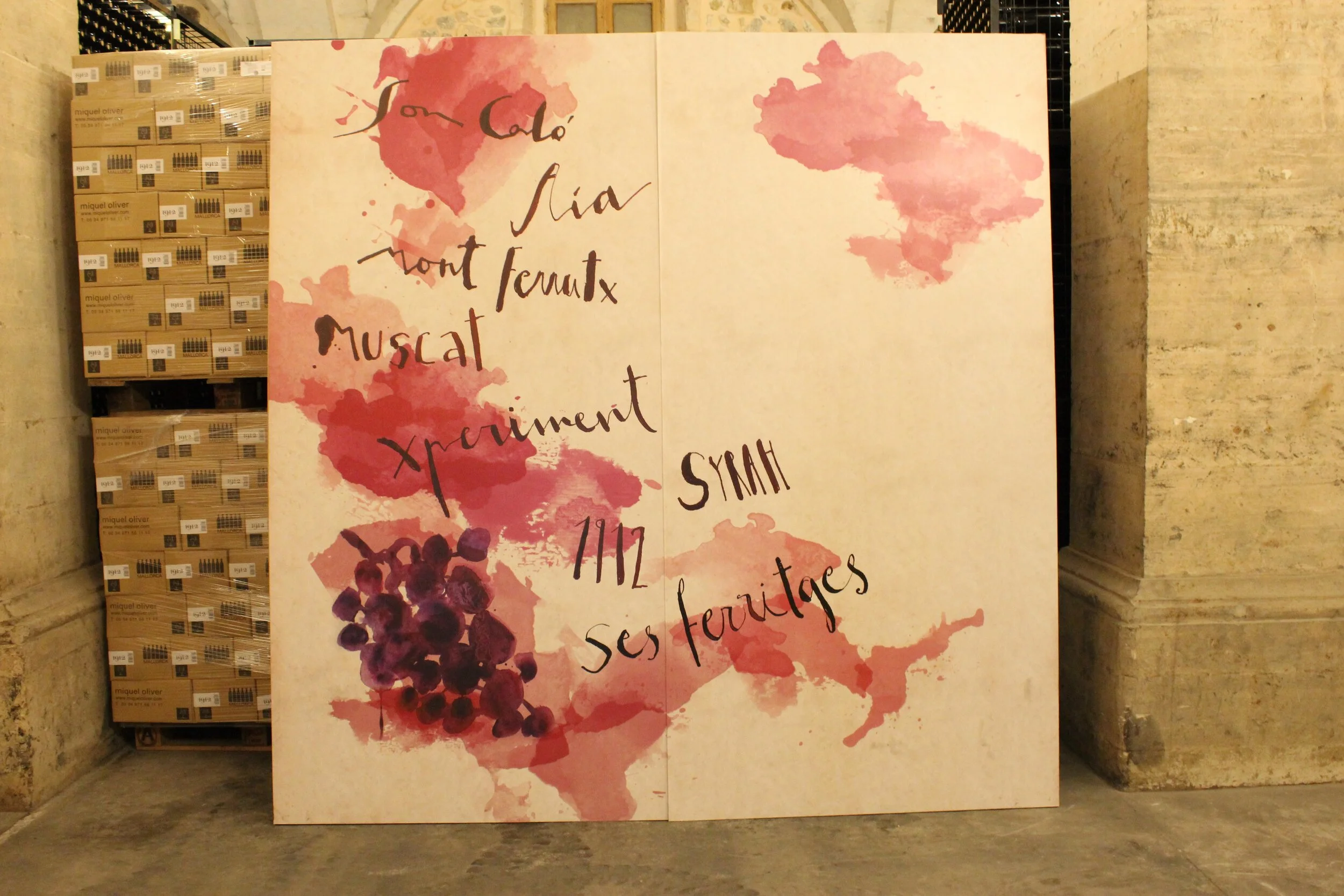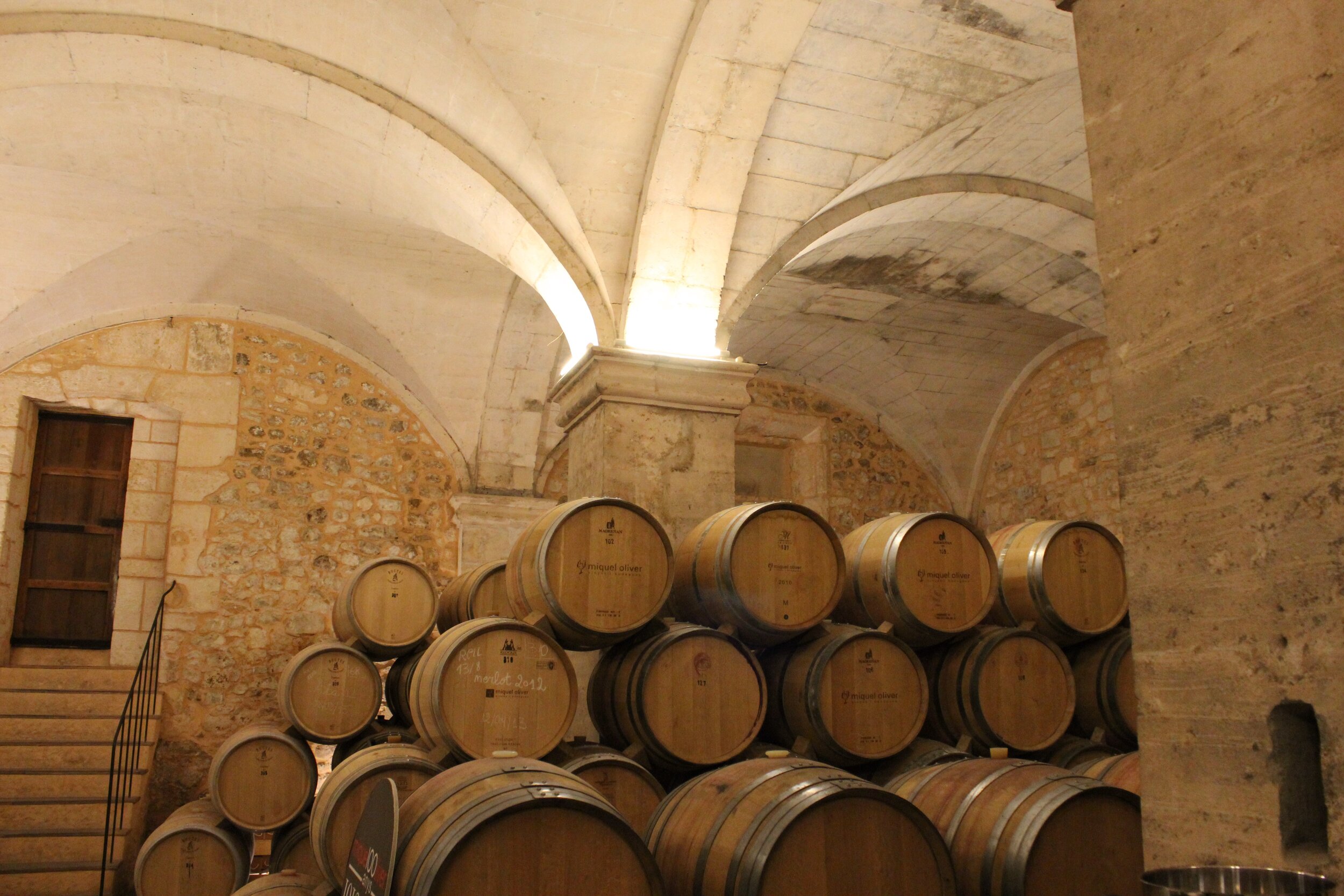I forget sometimes how long it’s taken us to learn how to pick a good wine. It hasn’t always been this way. After all, although we can pick out a good California wine, we’re lost when understanding French wines.
Sometimes our choices in a good California wine don’t turn out the way we wanted but it’s more than likely we’re happy with what we’ve chosen. It’s what we’re looking for, tastes to our liking, and more often than not, we’ve put away yet another bottle for the night (like tonight). And yes, as I’m writing this, we’ve finished buying a white-labeled wine and we’re happy campers.
The reason for writing this is because we were asked how we’re able to pick out a good wine at the market. I realized this was the case for us (no pun intended). It was the reason we not only got into wine but we why we want to learn as much as possible about it.
Here are 3 suggestions on how to pick a good wine 9 out of 10 times.
Do you like fruity, dry, linear, barnyard, buttery; white, or red? When I hear someone say they only like white wine, I’m challenged to think they just haven’t taken the time to learn. I mean, there are some light reds that pair well with pork and can be a casual drink too but I get it. Chances are, you’ve experienced the headaches from red. The dryness, the bitter taste up front, and the chalky after taste.
Maybe you live in a year-round hot climate and white wines are just what you typically go to but it really helps to know what kind of wine you prefer and I hate to admit it, but it takes “work” to find out what you like - if you can call it that. It’s when you have that really beautiful, almost velvety wine, you’re in love and are on the hunt for more.
Doing my homework…with a little chocolate in Napa.
How do you learn what you know? A LOT of wine tasting. How many times have you gone wine tasting? If you can count the number of times you’ve gone on one hand, sorry, that’s not enough. You’re just not qualified to know what you don’t know. Maybe you think you’ve done a lot of wine tasting that you know you just don’t like reds because you’ve just never had a glass of good red wine. After years of drinking wine, I’m always skeptical of those who say they only like certain grapes, and here’s why.
2) Visit a few wine regions.
We visited the island of Mallorca in 2013. Honestly, we had no idea there were any wineries in Mallorca and didn’t go there to do any wine tasting but when we discovered there were wineries, we were like bees on honey. We wanted to taste, to experience, and see their wines.
Even if you have to just try them without actually visiting the area though, just give it a try. Lucky for us, in California, there are wine regions throughout the state. From San Diego to Eureka there are wine regions within a day’s drive or a weekend getaway.
The same goes for a lot of other areas throughout the U.S. This is important because the more you’re familiar with a region, the more you get to know your dirt. That’s right. You get to familiarize yourself with the terroir. This is why wines are typically categorized with their region in stores but you knew that right?
Once you get to know very well your AVA (American Viticulture Area), you can begin to recognize the area to look for; your holy ground. That’s why some people swear by Napa wines although there are 16 AVA’s in Napa. (Our favorite AVA in Napa? Howell Mountain. Get it if you can afford it!)
3) Pick wine by region.
Once you know what you like, the region you’re drawn to, (like the way we eventually recognized the full-bodied wines that came from Montepulciano when we were in Italy), you’ll look for that area on the bottle. Regardless of how the wine is described what it tastes like, you’ll want to know where it’s from — right down to the AVA.
Sure there are different grapes to choose from like cabernet sauvignon, zinfandel, pinot grigio, chardonnay, merlot, shiraz, cabernet franc, etc. But these are just the grapes. What makes them taste different is where they were grown most importantly. The wine region is what matures them, cares for them, and makes them what they can truly be. If you get a mix of grapes from different areas with no rhyme or reason, sure you’ll get wine but you may not drink what you’re looking for.
I wish I had a more simple way to describe how to pick out a good wine but it’s really as simple as that. Know what you like and try different regions. Then you can choose what region you’re drawn to. At least it’s been like that for us.
For example, although we’ve never been to Oregon’s tasting rooms, I have to say that every time we’ve picked out a pinot noir or chardonnay from Oregon, there’s a pretty good chance it’s going to be very good. The Willamette Valley, Columbia, and Walla Walla have produced some stunning wines. How do we know? A little research; it’s one of the most well sought after locations for producing some great red wines on the lighter side which is what we prefer.
Palmižana, Croatia
Croatia is another region that produces really good wine. However, it’s a hit and miss. Tread lightly in this region but if you find a good one, you’ll want to buy A LOT of that one particular label. When we had baked fish on the island of Palmižana, we were at the mercy of the waiter to let us know what paired well with it. Just ask, ask, ask! It might have been more on the expensive side but it was unforgettable.
Our preference has been the lighter reds because we like to drink wine and often. It’s hard to often drink wines that are always heavy and full-bodied. These heavy wines are the kind that pair well with a rich red sauce or hamburger with strong cheese melted over it, (one of my favorite pairings). However, sometimes, you’ll have to pay with a headache.
To know what you like is to read about wines, visit tasting rooms, talk to the winemakers, and be sure to pair wine with the right foods. There’s a lot of talk about how it doesn’t matter what to pair your wine with but in all seriousness, it does if you’re going to do your research.
Try a chocolate-dipped strawberry stuffed with goat cheese and pair it with a port. Try lamb, rubbed with salt, pepper, and rosemary and roasted with an Alexander Valley Zinfandel with a hint of plums and herb flavor. The Alexander Valley planted apples and plums for years before the wine was planted.
Before long, you’ll know what you like, what region you’re favored to choose, and start to read the labels not just for the hint of what they taste like but for its terroir.
In order to know what you like, you’ll have to do your homework. There’s no other way around this. It can take years but the joy is in the journey. If you’re willing to discover, travel, (even if only at a wine store), research, and learn about wine, the wine you drink will not disappoint. It’s a love affair for a lot of wine drinkers. The fun is the homework.
How do you choose your wine?










